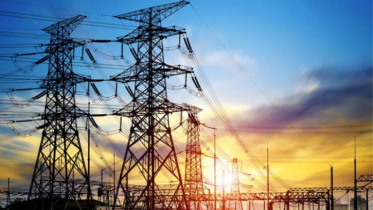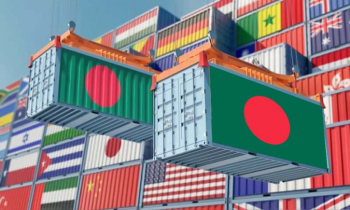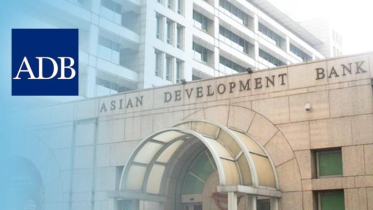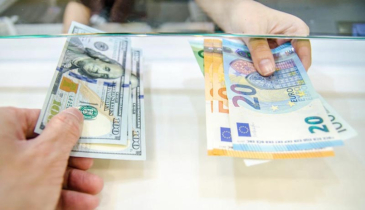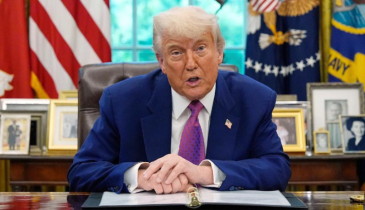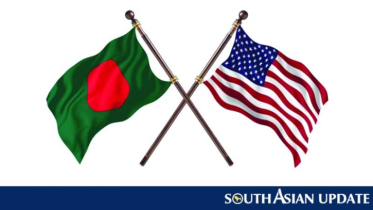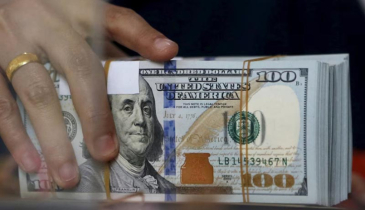US to impose 35% tariff on Bangladeshi goods from August 1
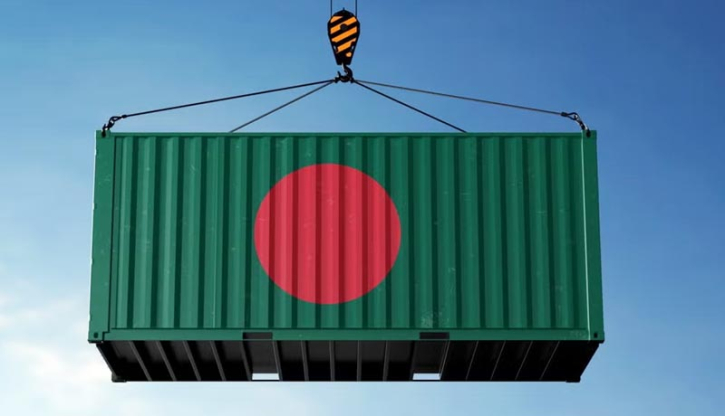
After suspending steep tariffs for six months, US President Donald Trump has announced that the country will be imposing a 35% tariff on Bangladeshi goods. This move signals a significant shift in trade policy, potentially impacting the flow of Bangladeshi products into the American market.
The official notification was disseminated on Monday, with the U.S. government sending formal letters to 14 nations, detailing the impending tariff adjustments. This latest development is a continuation of President Trump's aggressive trade stance, which began earlier this year with the initiation of a global "trade war" through the announcement of increased tariff rates on a wide array of countries, including traditional allies.
Initially, on April 2nd, the Trump administration unveiled significant tariffs impacting over 100 countries. The immediate aftermath saw global markets react with considerable volatility. Just a week later, in a move that offered a temporary respite, these tariffs were suspended for a 90-day period, though duties on Chinese imports remained elevated. The current decision to reinstate and specify the 35% tariff for Bangladesh, among others, comes as various nations have been actively attempting to negotiate trade agreements with the US to mitigate the impact of these duties.
The comprehensive list of trade partners receiving these tariff notices, as reported by Reuters, includes major economic players such as Japan and South Korea, alongside smaller exporting nations like Serbia, Thailand, Tunisia, Malaysia, Kazakhstan, South Africa, Bosnia and Herzegovina, Indonesia, Cambodia, Laos, and Myanmar. The inclusion of Bangladesh in this diverse group underscores the broad reach of the new U.S. trade policy.
In a particularly pointed message shared on his Truth Social platform, President Trump directly addressed Japan and South Korea in the letters, stating, "If for any reason you decide to raise your Tariffs, then, whatever the number you choose to raise them by, will be added onto the 25% that we charge." This statement highlights a tit-for-tat approach to trade, suggesting that any retaliatory tariffs from these nations would be met with further increased US duties.
While the August 1st deadline for these new tariffs appears firm, President Trump has indicated a degree of flexibility. When pressed on the finality of the deadline, he remarked, "I would say firm, but not 100% firm. If they call up and they say we'd like to do something a different way, we're going to be open to that." This suggests a potential for last-minute negotiations or adjustments, leaving a sliver of hope for countries like Bangladesh to potentially alter their trade relations with the US before the tariffs take full effect.
Important Considerations for Bangladesh:
Economic Impact: The 35% tariff could significantly increase the cost of Bangladeshi goods for American consumers, potentially leading to a decrease in demand and a negative impact on Bangladesh's export-driven economy. Key industries like ready-made garments (RMG), which are a major export to the US.
Diversification of Markets: This situation might compel Bangladesh to accelerate efforts to diversify its export markets, reducing its reliance on the US.
Trade Negotiations: Bangladesh may need to engage in urgent bilateral discussions with the U.S. to understand the specific reasons behind the tariff imposition and explore potential avenues for mitigation or exemption.
Global Trade Landscape: This action by the US against a wide range of countries, including Bangladesh, further underscores the ongoing shift towards more protectionist trade policies globally, posing challenges for developing nations heavily reliant on international trade.
.png)


